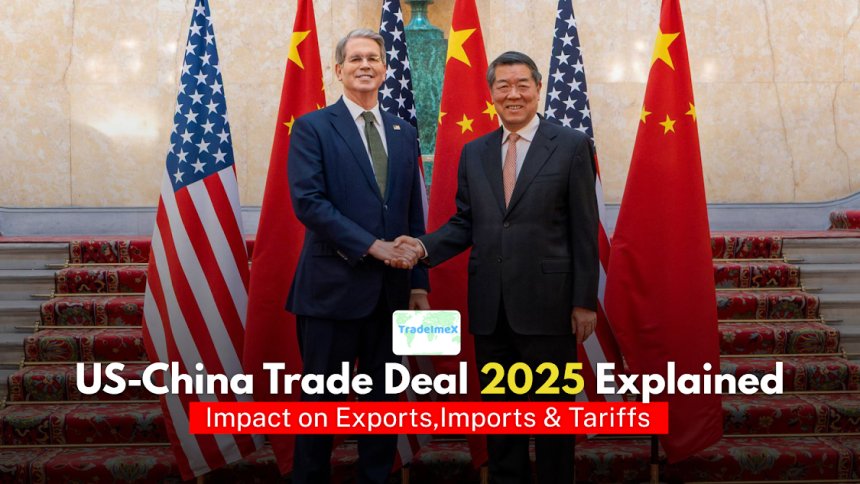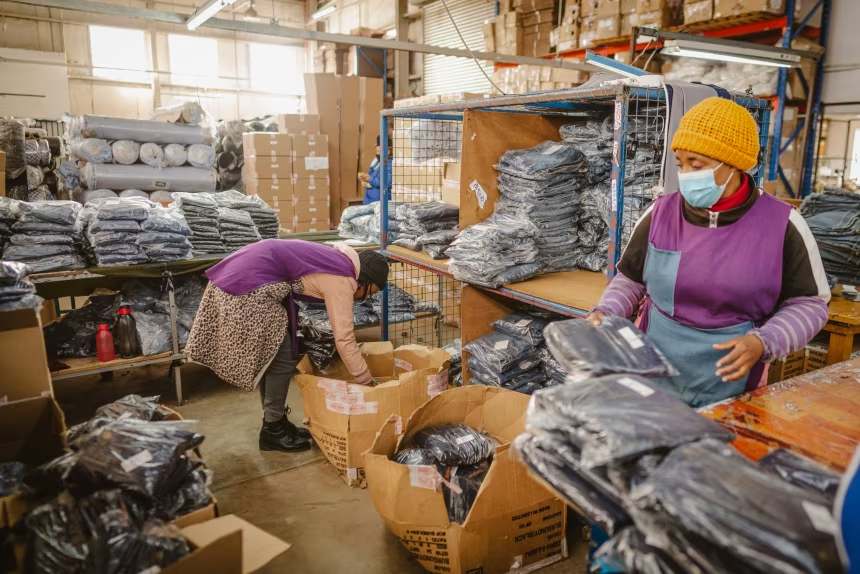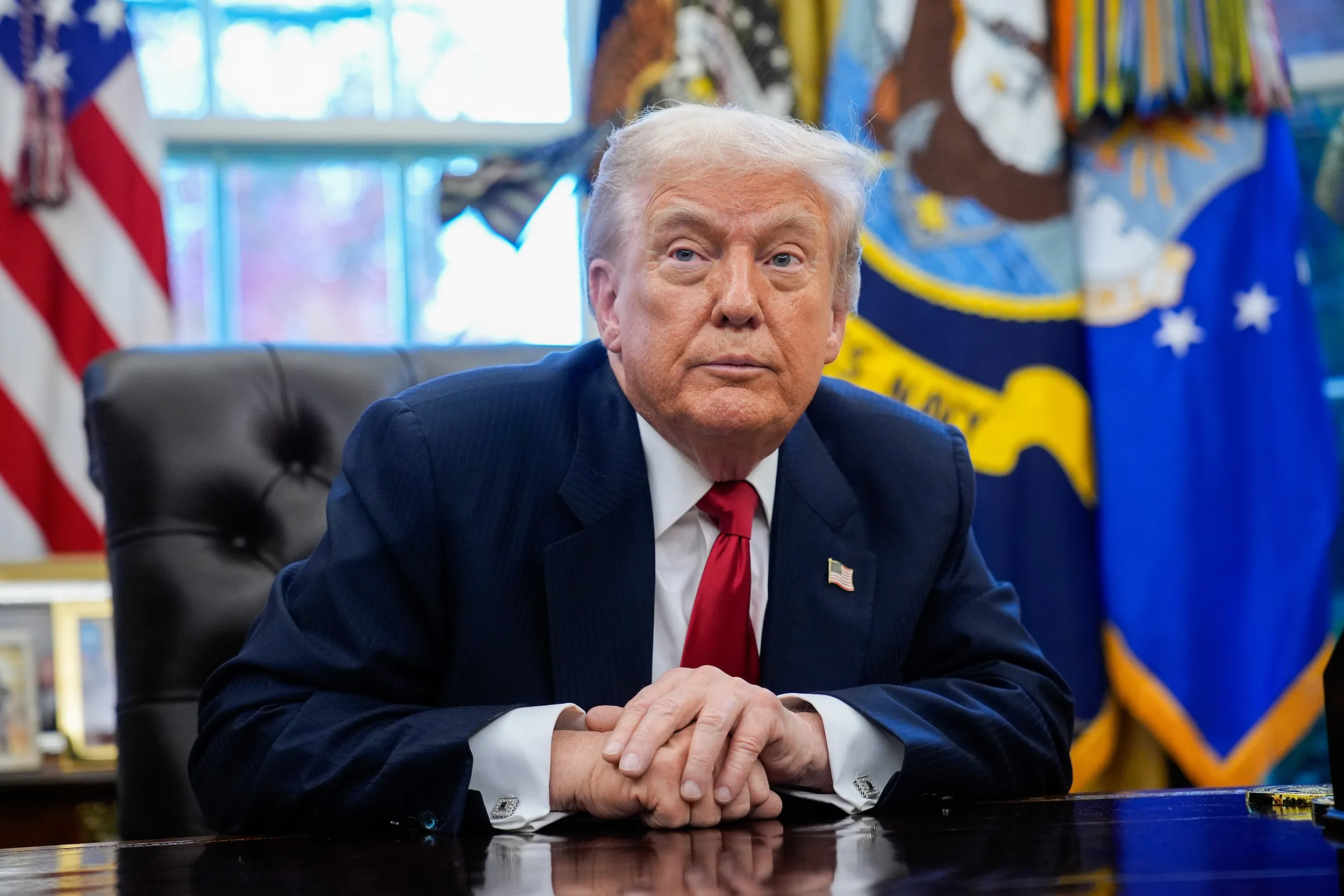As U.S. President Donald Trump enforces sweeping global tariffs, African nations are feeling a disproportionate impact, triggering a significant geopolitical shift. With steep levies on African exports, many countries are pivoting toward China—a long-time economic partner offering a more lenient trade alternative.
Africa Hit Hard by Trump’s Tariff Strategy
In July 2025, the U.S. administration imposed new tariffs, with four African nations—Libya, South Africa, Algeria, and Tunisia—facing duties up to 30% on exports. An additional eighteen countries were slapped with 15% levies, disrupting trade flows and threatening jobs across the continent.
Trump has defended the tariffs as “reciprocal,” based on trade deficits with the U.S., not on existing foreign tariffs. However, nations like South Africa have challenged the data used, calling it inaccurate and biased.
China Steps In to Fill the Economic Void
China quickly capitalized on the U.S. pullback, announcing in June it would waive import charges on goods from nearly all African nations. This bold move has positioned China as Africa’s preferred trade partner, intensifying South-South cooperation and diminishing U.S. influence.
South African researcher Neo Letswalo summed it up:
“America is gradually forfeiting its global leadership status… and China is seizing the opportunity.”
The Economic Fallout: Case Studies from Lesotho and South Africa
Countries across Africa are already experiencing the brunt of these tariffs.
Lesotho:
- Previously benefitted from duty-free access to the U.S.
- Now faces a 15% tariff (down from an initial 50%).
- Prime Minister Samuel Matekane declared a two-year national disaster, citing job losses and halted U.S. aid.
South Africa:
- Tariffs have disrupted the citrus industry, with thousands of cartons unsold.
- Automobile and mining sectors are seeing foreign investors reconsider their presence.

Photo Credit :- tradeimex.in
US vs China: Trade Policy Comparison
| Factor | United States (Post-Tariffs) | China (Post-Tariffs) |
|---|---|---|
| Export Tariffs on Africa | 15–30% | 0% (waived for most African goods) |
| Trade Focus | Raw data deficits | Mutual benefit narrative |
| Major Import Type | Mixed (agriculture, textiles) | Manufactured goods |
| Major Export from Africa | Textiles, citrus, minerals | Raw materials |
| Aid/Investment Initiatives | Reduced | Expanding |
Is Dependency on China a Long-Term Solution?
While China’s open-door policy seems favorable now, experts warn of hidden risks. Letswalo notes that Chinese imports could flood African markets, harming nascent local industries. Many of China’s deals still favor manufactured exports from China and raw imports from Africa, a model that may reinforce existing economic imbalances.
To mitigate this, African leaders are encouraged to implement the African Continental Free Trade Area (AfCFTA). Though launched in 2020, only around 20 out of 55 African nations are actively trading under its framework.
Looking Forward: Building African Economic Resilience
Trump’s tariff strategy, while meant to strengthen the U.S. economy, has catalyzed a moment of reckoning for Africa. Economist Bismarck Rewane argues that the real lesson is not just about choosing between the U.S. and China—but about building Africa’s internal capacity:
“Africa must become more inward-looking rather than outward-dependent.”
As trade dynamics shift, African nations stand at a pivotal crossroads. Whether they can turn this crisis into a catalyst for regional integration and sustainable growth remains to be seen.



